When people talk about the greatest chess players of all time, Garry Kasparov is always mentioned in the conversation. He was a prodigy who didn’t just dominate the game; he revolutionized it.
But what made Kasparov chess champion material? What made his stint as an active chess player different from the careers of others?
Was it his relentless fighting spirit, understanding of the game, or sheer tactical genius?
In this article, we’ll look into the life of the legendary Beast from Baku and how he became such a massive force in the chess world.
Garry Kasparov: World Chess Dominance
Early Chess Prodigy and Rise to the Top
Born in Baku, Azerbaijan, in 1963, Kasparov was drawn to chess at an early age.
His mother recognized his talent and enrolled him in the Mikhail Botvinnik’s Chess School, where he trained under some of the best minds in Soviet chess.
Kasparov quickly climbed the ranks, and by 1980, he had already earned the grandmaster title. His aggressive, tactical style and unmatched work ethic set him apart from his peers.
When he challenged for the World Chess Championship in 1984, Kasparov had already established himself as a major threat to the then-world champion Anatoly Karpov’s reign.
This marked the beginning of one of the most intense rivalries in chess history.
Kasparov’s unwavering determination led him to achieve an unprecedented peak chess rating of 2851 in 1999, a record that remained until it was broken by Magnus Carlsen in 2013.
Key Matches, Rivalries, and Controversies
Kasparov’s career was exciting, featuring some tense matches, intense rivalries, and controversies.
Kasparov vs. Karpov: Chess’s Greatest Rivalry
Few rivalries in chess history compare to Kasparov vs. Karpov. These two giants clashed in five World Chess Championship matches, producing some of the most intense battles ever seen on the board.
1984 World Championship Match:
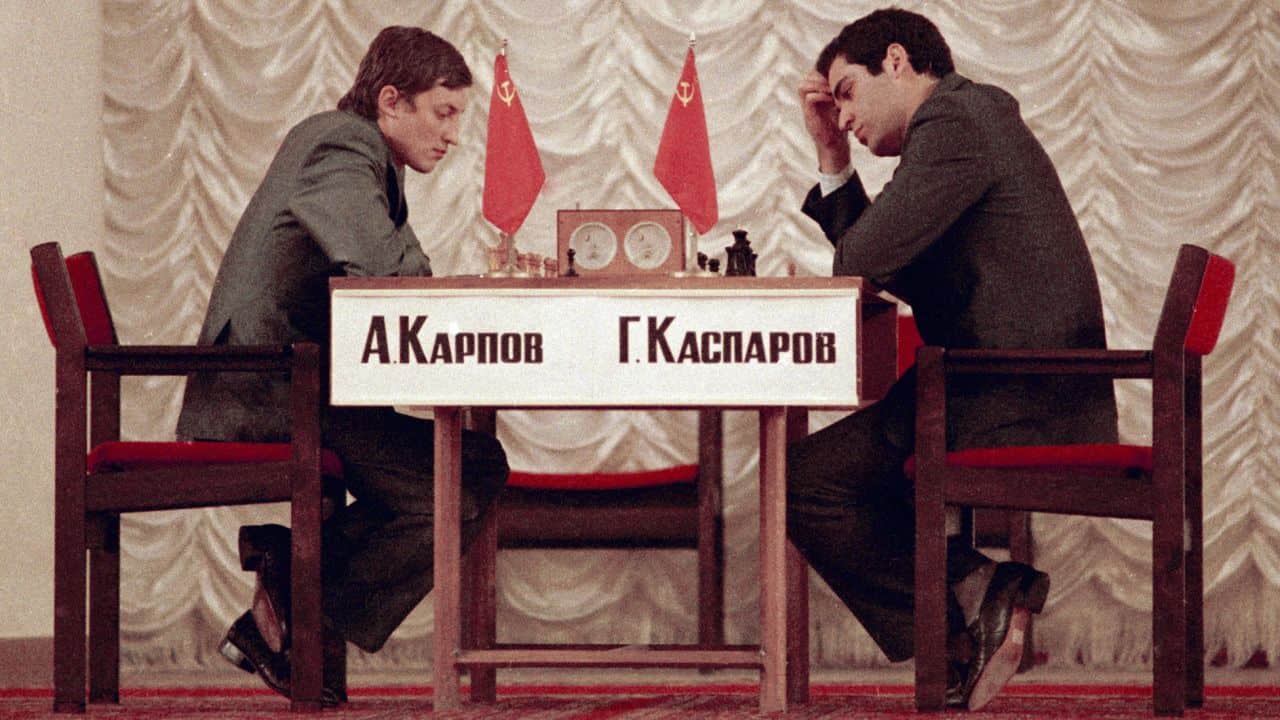
This match was one for the history books. Karpov dominated early, racing to a 5-0 lead in a first-to-six-wins format.
But Kasparov, instead of crumbling, fought back, drawing 17 consecutive games and winning two.
After 48 games and five months, the match was controversially terminated without a winner, leaving Kasparov furious.
1985 Rematch: Kasparov came back stronger. He defeated Karpov 13–11, becoming the youngest World Chess Champion at 22.
However, this record was recently broken by the current undisputed World Champion, Dommaraju Gukesh, who became champion at 18.
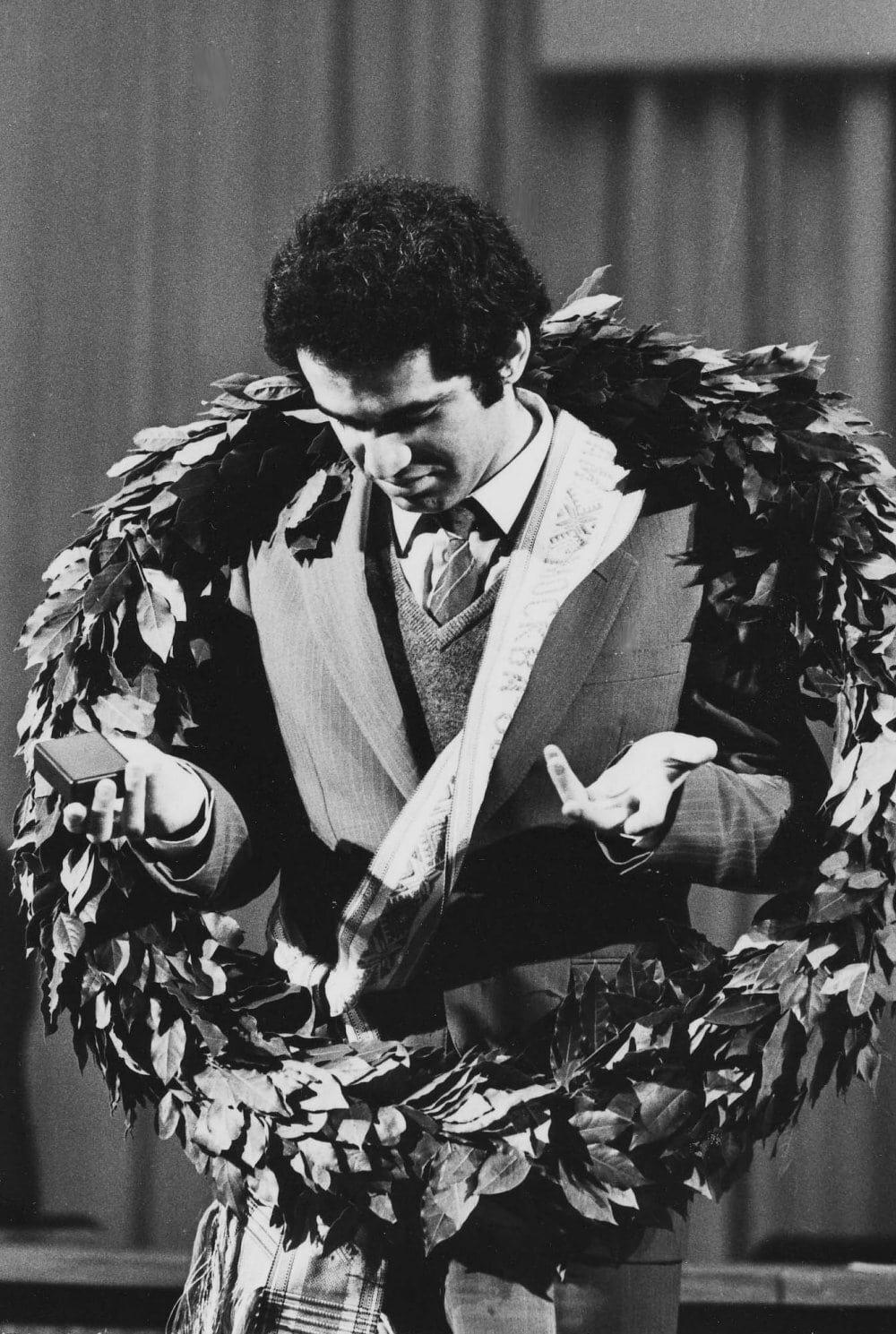
Title Defenses (1986–1990): They met three more times, and while Karpov always put up a fight, Kasparov successfully defended his title each time, proving he was the dominant force in chess.
Their matches weren’t just about chess. They were battles of style, endurance, and political symbolism, with Karpov representing the Soviet chess establishment and Kasparov as the fiery challenger.
Breaking Away from FIDE: The PCA Controversy
Kasparov didn’t just challenge opponents on the board; he took on the chess establishment itself.
In 1993, frustrated with how FIDE handled championship matches, Kasparov and Grandmaster Nigel Short broke away.
They formed the Professional Chess Association (PCA) and played their World Championship match, completely bypassing FIDE.
This move split the chess world in two. FIDE still ran its championships, while Kasparov’s PCA held separate ones. The divide lasted until 2006, when the titles were finally unified.
Kasparov’s decision was controversial but highlighted major flaws in FIDE’s handling of elite chess.
In an interview with Chess News in 2007, Kasparov said:
“Looking back, it’s clear that the split was not the best thing for chess. However, at the time, we felt it was necessary to fight for a better future for the game. We wanted to create a more professional and player-friendly environment. Unfortunately, we didn’t fully succeed in that. Today, I believe that unity is essential for chess to thrive.”
Kasparov vs. Deep Blue: The Man vs. Machine Showdown
When you hear about humans battling AI in chess, Kasparov vs. Deep Blue comes to mind. This wasn’t just a chess match but a clash between human intuition and raw computing power.
At first, Kasparov seemed unbeatable, but Deep Blue had other plans. What started as a test of skill quickly became one of the most significant turning points in chess history.
Chronicle of the Legendary Matches
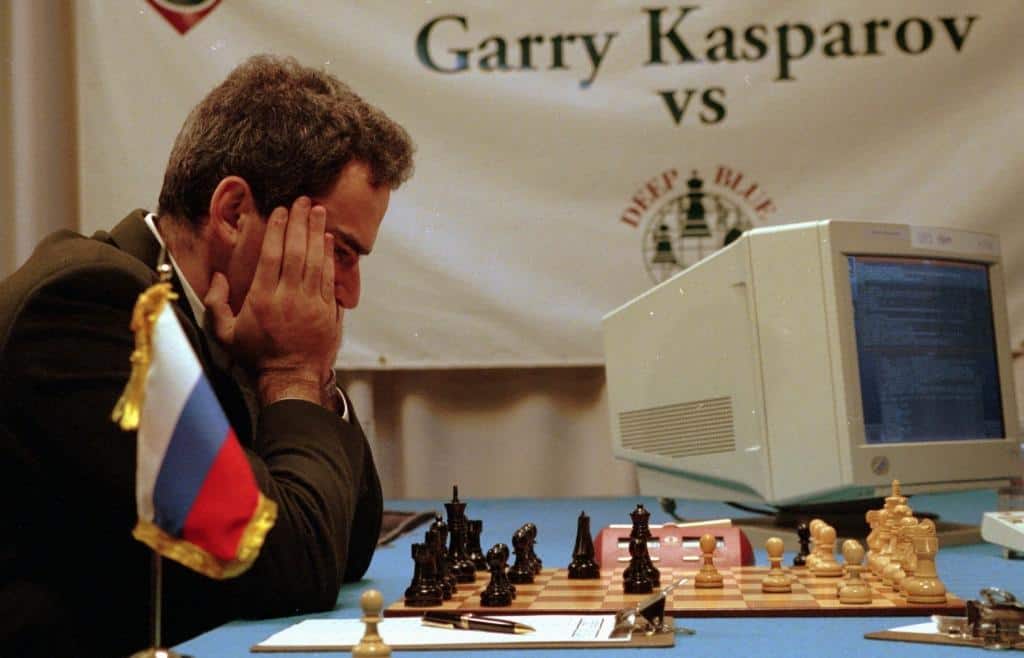
In 1996, Kasparov faced Deep Blue, an AI-powered chess engine developed by IBM. At the time, no machine had ever beaten a reigning World Chess Champion in a match.
Kasparov won the first match with a score of 4-2, proving that human intuition and strategy could still outperform raw computing power.
But in 1997, everything changed. IBM upgraded Deep Blue; this time, the machine defeated Kasparov in a rematch. The loss shocked the world. Was AI now better than the best human player?
Kasparov accused IBM of unfair tactics, claiming the computer was receiving human assistance.
But whether the allegations were true or not, the match marked a turning point in chess history, showing that machines could challenge even the greatest players.
The Lasting Impact on AI and Chess
After the Deep Blue match, chess engines became stronger and more influential in chess training. Today, players use engines like Stockfish to analyze positions, detect mistakes, and prepare openings.
Despite being on the losing end of the game, Kasparov later embraced AI in chess. He even worked on human-AI collaboration, arguing that chess engines should be seen as tools rather than threats.
His defeat paved the way for a new era in which AI and humans work together to advance chess.
Kasparov’s Strategic Brilliance and Chess Contributions
Kasparov wasn’t just a fierce competitor. He was also a pioneer in chess strategy and opening theory.
Analyzing Kasparov’s Unique Chess Style
Kasparov’s playing style mixed aggression, deep preparation, and psychological warfare. He wasn’t afraid to take risks, launching powerful attacks while maintaining solid positional play.
One of his most famous games was Kasparov vs. Topalov (1999), often called “Kasparov’s Immortal.”
In this game, Kasparov unleashed a blistering attack that started with a rook sacrifice on move 24. This led to a fierce game that ended in Topalov losing his queen and being forced to resign.
His games were masterclasses in attacking chess, showing why he dominated the sport for so long.
His Influence on Modern Chess Theory
Kasparov didn’t just play the game; he shaped the way chess is studied. His books, particularly My Great Predecessors and My Games are considered essential reading for serious players.
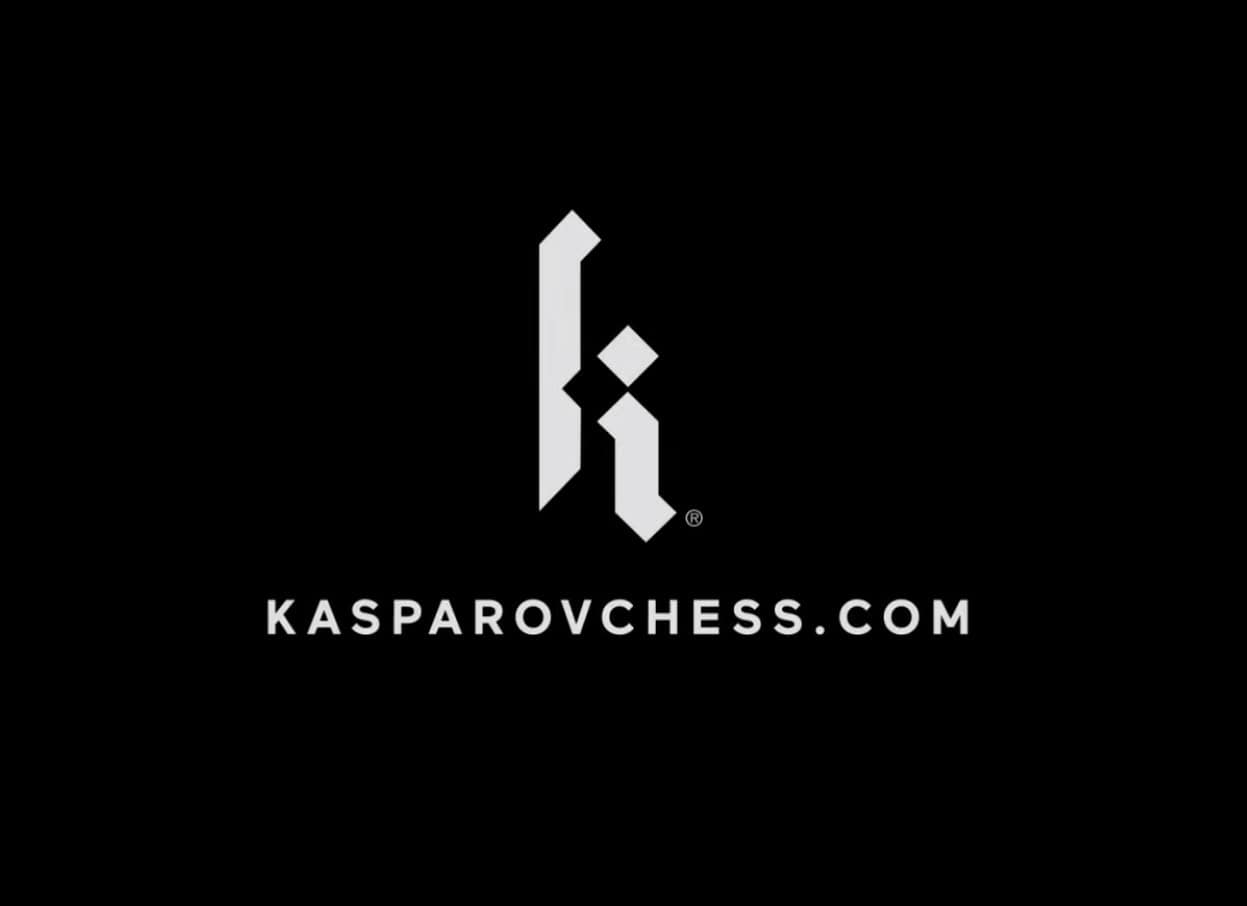
He also founded Kasparovchess, a non-profit online platform designed to teach players through interactive lessons, AI analysis, and expert insights.
The community also features documentaries, lessons, puzzles, podcasts, articles, interviews, and playing zones.
Kasparov’s contributions to chess education continue to inspire new generations of players.
Garry Kasparov: Beyond the Chessboard
Kasparov’s escapades were not limited to the 64 squares. He was also involved in international happenings and politics.
Political Activism and Public Life
After retiring from professional chess in 2005, Kasparov shifted his focus to politics and activism.
A strong critic of the Russian government, he has been a vocal opponent of Vladimir Putin and an advocate for human rights and democracy.
His activism led to his exile from Russia, forcing him to relocate to New York, where he has lived since 2013.
Today, he is a major supporter of Ukraine’s struggle against Russian aggression and has frequently spoken on global political issues.
Kasparov’s Enduring Influence
Even though he no longer competes professionally, Kasparov’s influence is everywhere in chess.
His opening ideas, contributions to AI research, and impact on chess education ensure that his legacy will live on for generations.
Conclusion
When it comes to chess greatness, Garry Kasparov is often compared with the likes of Bobby Fischer and other greats.
While Fischer had unmatched natural talent, Kasparov had one of the strongest competitive mindsets in chess history.
His aggressive playing style, deep preparation, and ability to evolve with the game made him one of the most dominant world champions ever. Even after retirement, he remains a key figure in chess.
Love him or hate him, one thing is sure: Kasparov’s influence on chess is eternal.
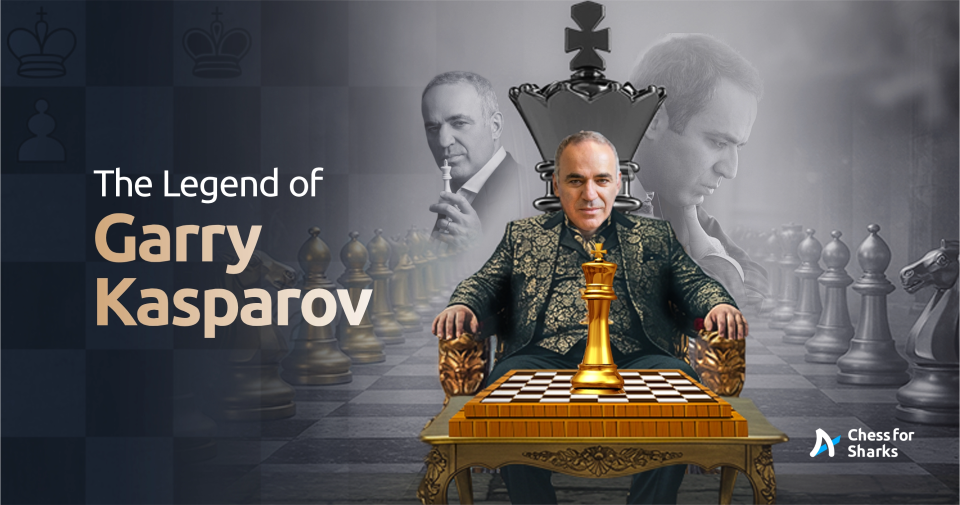
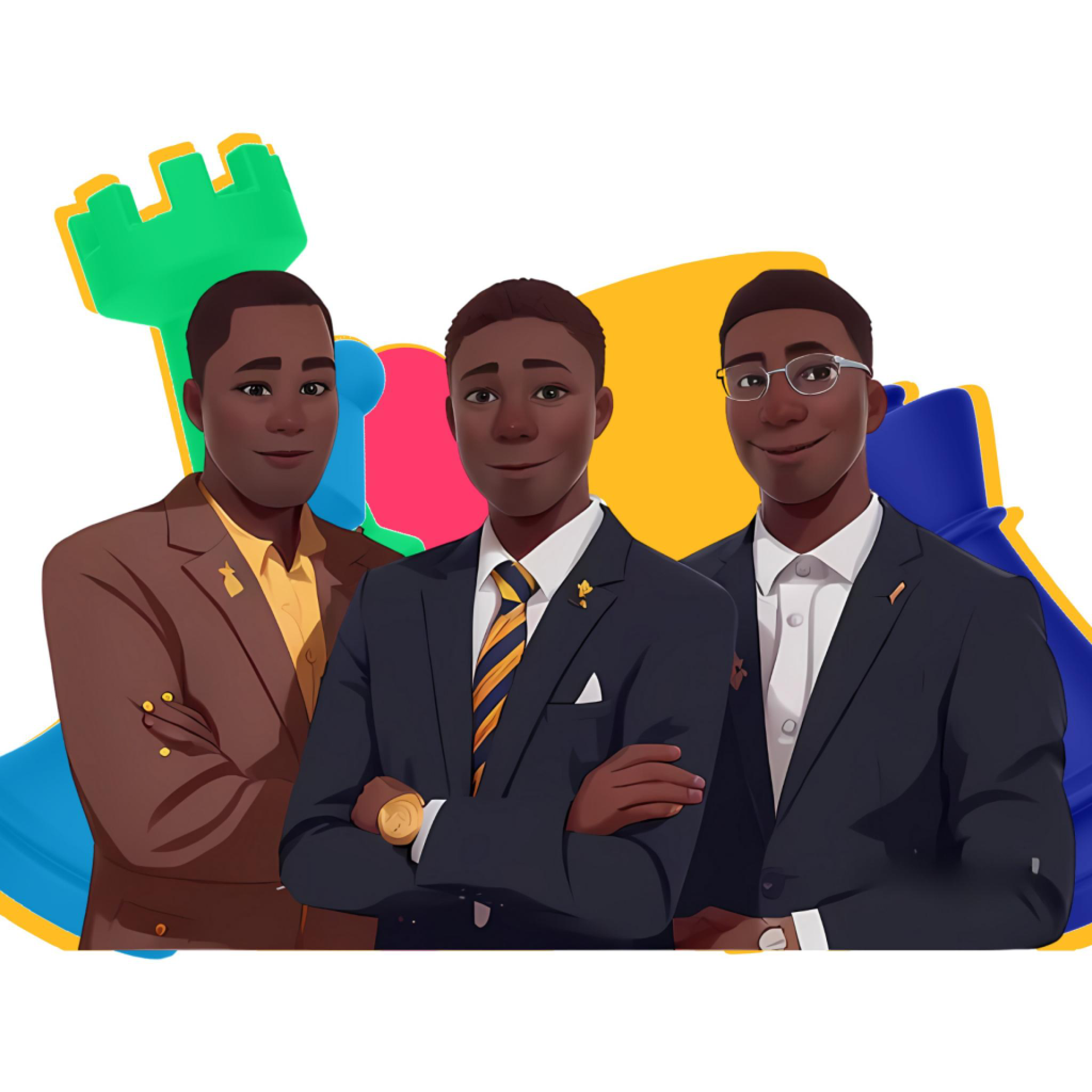


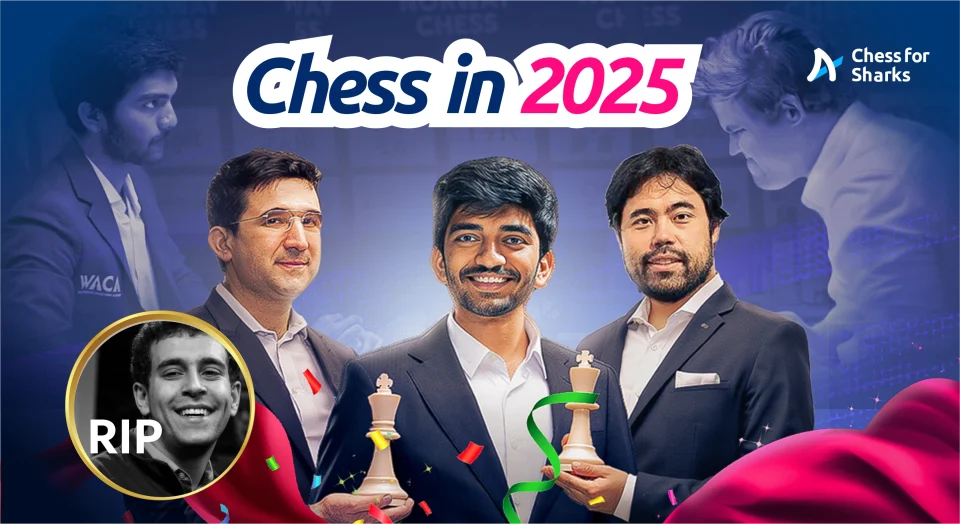

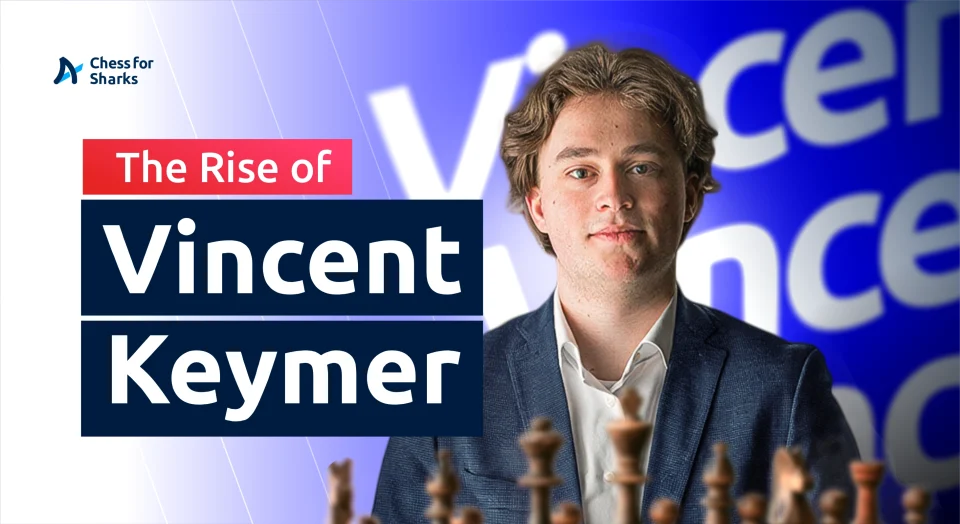
join the conversation